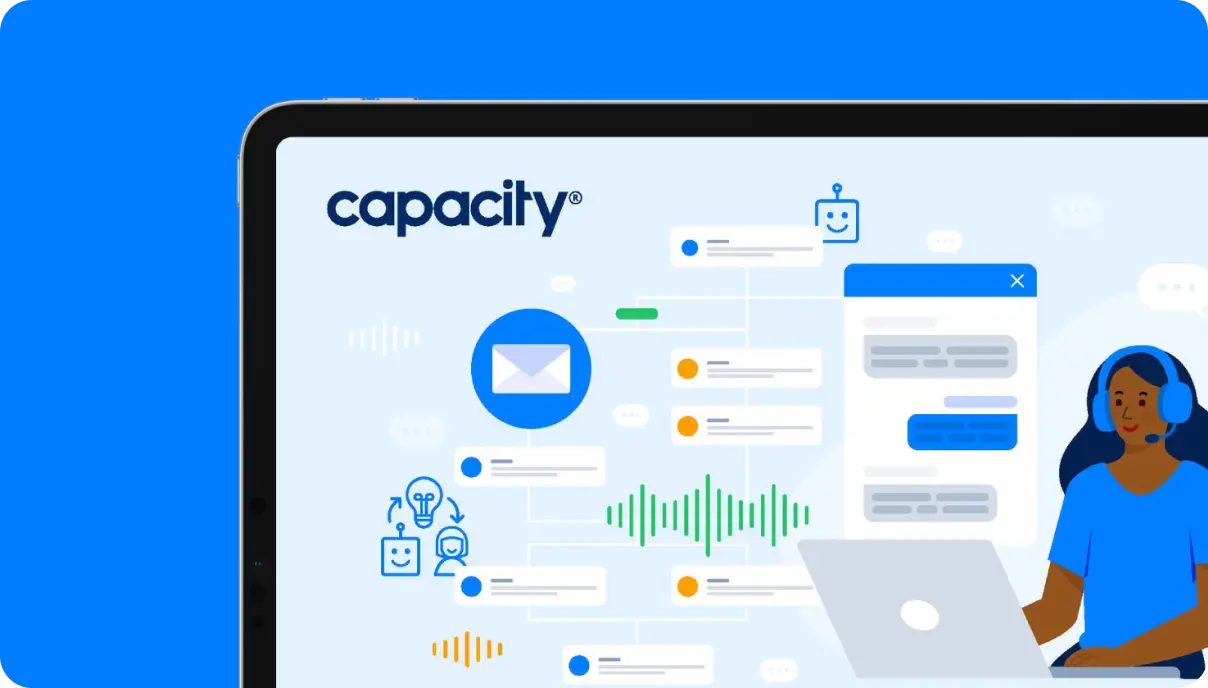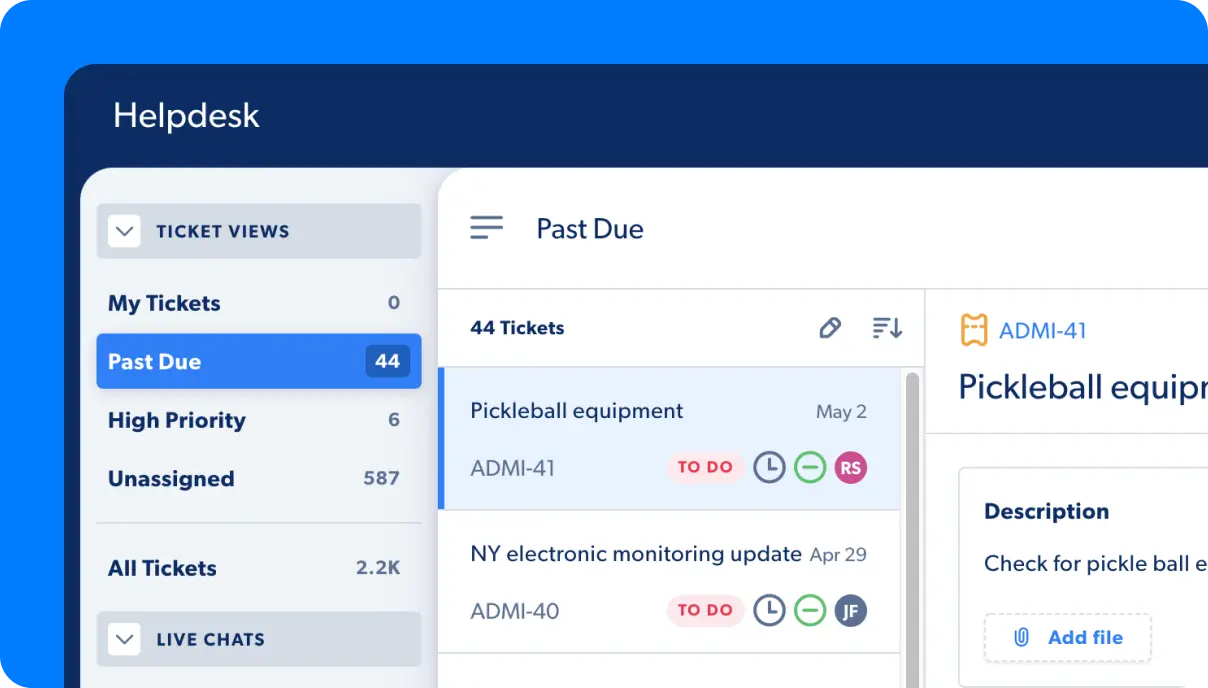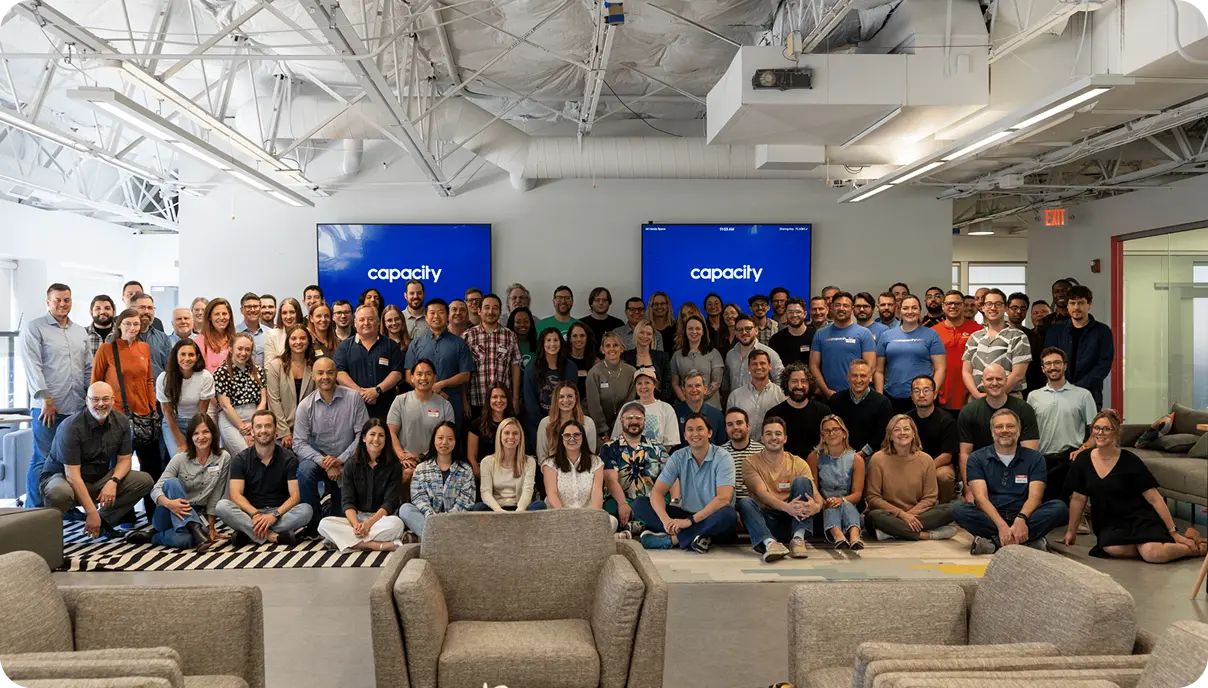Artificial Intelligence (AI) and Machine Learning (ML) are significant drivers of innovation and growth across every industry, including healthcare and education. Higher institutions have been slow to adopt automated systems, though they’ve been in the industry for some time. However, the COVID-19 pandemic brought about unprecedented changes, forcing educators to depend on digital transformation for virtual learning.
Why do university back-offices need robotic process automation?
Universities have to operate and manage their servers with limited resources and a shortage of well-trained support teams and IT employees. Automating processes helps to improve the productivity and efficiency of the back-office in the following ways:
- IT operations: Automation technology can help the IT department get rid of repetitive time-consuming tickets, including password resets, system reboots, installation updates, service restarts, account unlocking, and alert monitoring.
- Course registration, enrolment, and shortlisting process: Robotic Process Automation (RPA) eases checking students’ eligibility criteria, information validation, and candidate shortlisting to avoid long manual processes and the potential for human error.
- Attendance management: Automation and artificial intelligence help manage attendance and send automated reports and notifications to students and parents.
- Meeting schedules and equipment reservations: Students and employees have to attend several meetings and events. To save time, AI technologies can notify faculty and students about events, meetings, and updates.
- Chatbot: A chatbot helps automate general queries from website visitors, faculty, and staff like course information, contact details, the admission process, and the admission schedule. With Capacity’s intelligent automation and Natural Language Processing (NLP), the chatbot understands and responds to questions as if you were talking to a friend or co-worker. Through the power of AI, the chatbot learns from the previous data, and has a high human interaction level.
- Human resources, finance, and admin: AI systems help automate workflows like vendor management, inventory management, employee onboarding/offboarding, accounts payable/receivable, payroll processing, and many more.
- Improved customer experience: Robotic Process Automation (RPA) helps organizations relieve faculty and staff from performing repetitive tasks such as scheduled reports generation, mailing, and admission. Automating the institution’s back-office tasks will undoubtedly enhance the customer experience.
The benefits of AI for students.
A student’s objective is simple — to get a diploma or degree proving their knowledge, and to signal to the world that they are ready to advance their career. Artificial Intelligence can help them achieve this by streamlining the process. Here are some common use cases:
- Tutoring: While some students require additional help outside of their classroom, most lecturers don’t have enough time after class ends to provide support. That’s where Capacity’s chatbot comes in handy. Although no chatbot can replace a teacher, AI technologies can help to improve students’ weak spots and sharpen their skills outside of the classroom. Students can enjoy a one-on-one learning experience as a chatbot can answer questions instantly.
- Personalization: One of the major trends in education is personalization. AI offers students a customized way to learn programs based on their unique preferences and experiences. It adapts to each student’s desired goals, learning speed, and level of knowledge to help them get the best learning experience. AI-powered technology can also analyze students’ past learning histories and offer the best-suited courses based on their strengths and weaknesses.
- Universal constant access to learning: With automation tools, students can access learning anywhere and anytime. Students can learn at their own pace, and the continual access enables them to explore what suits them without waiting for a lecturer. Also, students from different parts of the world can access education without incurring extra accommodation and travel expenses.
- Quick Responses: Imagine the frustration of asking a question and getting an answer after three days. Lecturers and faculty usually get asked repetitive questions daily. AI-powered chatbots provide students with answers to the most frequently asked questions within seconds via conversational intelligence and support automation. Aside from freeing up time for lecturers, it also reduces the time students spend waiting for or tracking down answers.
The benefits of AI for lecturers.
Most lecturers find it challenging to manage time, which is understandable due to the number of tasks they have to perform daily. Lecturers wish to have more time to educate students one-on-one, dive into research, and continue their own education but cannot do so. Artificial intelligence can help free their time by analyzing student performance and automating tasks in the following ways:
- Personalization: AI algorithms can also personalize lecturers’ courses the same way it does for students. It analyzes the students’ learning history and abilities to help lecturers decide on which lessons and subjects need reevaluation, enabling them to create a high-quality program for every student. This analysis of each student’s unique needs will help lecturers adjust the courses to tackle the most common challenges or knowledge gaps and prevent students from falling behind.
- Task automation: AI technologies can use algorithms to automate several tasks, including responding to general questions, accessing learning patterns, grading papers, and administrative work. Support automation platforms like Capacity can help automate manual processes, giving lecturers enough time to focus on the core competencies.
- Answering questions: Since AI deep learning systems can access an institution’s datasets, they can answer several repetitive and generic questions students ask without the lecturer’s help. That way, lecturers can have more time to focus on improving student engagement, curriculum planning, or lesson planning.
The crucial role of AI in education.
From fully remote lectures to online books, EdTech has seen lots of advancement. AI and automation now plays a crucial role in helping lecturers, students, and higher institutions automate and optimize learning and back-office business processes.











































